What is Shopify Markets? Pros & Cons for International Selling







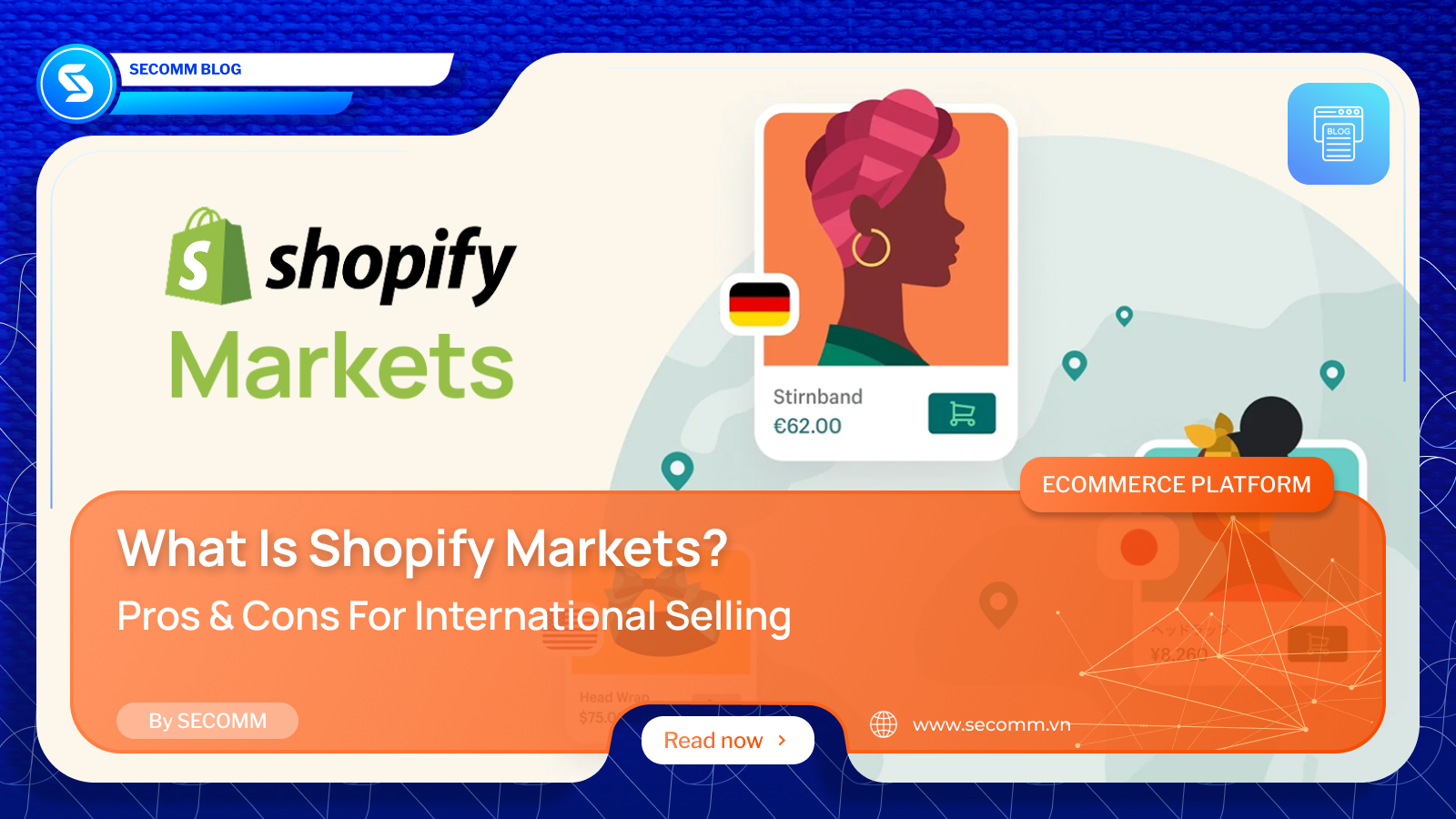
In the digital age, eCommerce is the key to helping businesses quickly and effectively reach global customers. Shopify, a renowned SaaS platform supporting online business, has launched the Shopify Markets solution to assist businesses in expanding into global markets. So, what is Shopify Markets? What benefits and challenges does this solution bring to your business when implementing international eCommerce? Let’s explore in the article below.
1. What is Shopify Markets?
Shopify Markets is a new solution from the Shopify platform, designed to help you easily and efficiently expand your business into global markets. This tool allows you to manage multiple stores from a single dashboard, customizing each market with specific settings for language, currency, taxes, and payment methods. Moreover, Shopify Markets integrates with international shipping and logistics services, enabling you to optimize your operations and meet the demands of global customers.
Previously, multi-store setups have been done by using Shopify Plus, allowing merchants to establish and operate separate Shopify stores for each target market. This approach gave merchants full control over individual stores, such as running market-specific marketing campaigns, promotions, and inventory management.
However, this approach had several drawbacks. First, operating multiple standalone stores meant discrepancies in inventory levels, requiring data synchronization between stores. This process was time-consuming and prone to errors. Many merchants addressed this issue by integrating systems like PIM or ERP. Second, the workload increased due to the need to update content for each store individually. Third, many merchants complained about having to pay for the same app or integration across multiple stores, leading to inefficiencies in financial management.
Thus, the advent of Shopify Markets serves as a remedy for these three issues. Now, you can apply multi-language, multi-currency, international pricing, domain or subdirectory, and Geolocation features for the stores, all managed efficiently from a single dashboard.
2. Top features of Shopify Markets
2.1 Multi-language
When deploying international eCommerce, the importance of multi-language support cannot be overstated. According to CSA Research, 76% of online shoppers prefer to purchase products with information displayed in their native language. Meanwhile, 40% will never buy from eCommerce websites in a different language.
By using Shopify Markets and the built-ịn Translate & Adapt app, your website can be automatically translated into the languages of your target markets. Beyond mere translation, Shopify’s Translate & Adapt app can customize store content to better connect with local customers. This ensures that your eCommerce website maintains cultural, regional, and seasonal relevance—even when markets share the same language—the app can adjust for variations in vocabulary, spelling, and messaging.
2.2 Multi-currency
Global customers want to see product prices in their own currency when shopping on eCommerce websites. A PayPal report supports this, showing that 76% of survey participants prefer to pay in their local currency. Shopify Markets can automatically convert product prices into over 130 different currencies to cater to your target customers. From product pages to shopping carts, and from checkout to refunds, Shopify Markets can create a seamless multi-currency shopping experience for customers, which will boost conversion rates and sales.
2.3 Localized domain & subdirectories
Shopify Markets can help create localized domains linked to specific languages and countries. For example, “myshop.com” could be the main site operating in the US, “myshop.ca” for the Canadian market, and “myshop.co.uk” for the UK. This not only increases credibility and optimizes SEO but also enhances brand recognition in each market.
Shopify Markets allows the setup of subdirectories for each language or region under the same main domain, such as “myshop.com/en” for English, “myshop.com/fr” for French, and “myshop.com/de” for German. Using subdirectories helps easily manage local versions of the store, improve user experience, and optimize costs related to maintaining multiple domains.
2.4 Localized payment methods
Payment methods significantly influence purchasing decisions. According to a Worldpay report, 27% of users will abandon the checkout process if they cannot find their preferred payment method.
With Shopify Markets, you can offer your customers a variety of local payment options, alongside familiar choices like credit/debit cards, PayPal, Apple Pay, and Google Pay. Some examples of local payment method integrations include:
- China: AliPay, WeChat
- Singapore: PayNow
- Australia: Klarna, Afterpay
- Vietnam: ZaloPay, VNPay
2.5 Estimate & collect duties and tax
When selling in international markets, pricing can be affected by duties and import tax. In many cases, unexpected costs for customers can lead to a negative shopping experience.
The Shopify Markets solution can help address this issue. This tool can calculate taxes based on the shipping address and the legal regulations of each country, including value-added tax (VAT), sales tax, and other import duties. When customers proceed to checkout, the system clearly displays these taxes, helping them understand the total shopping cost and avoid unpleasant surprises.
Shopify Markets also collects and remits these taxes to the appropriate tax authorities, saving your time and effort in handling tax procedures. This feature also integrates with shipping services to ensure all tax-related costs are accurately reflected, allowing you to plan expenses more effectively. Therefore, you can comply with legal regulations, enhance the customer shopping experience, and optimize your operations.
3. Shopify Markets and the plans
Shopify Markets is included in all Shopify plans, but the features available to merchants vary by plan. Here are the core features that all Shopify merchants can use when embracing Shopify Markets:
- Support for selling in 136 currencies and 20 languages
- Customize domains and subdirectories to optimize search engine performance for each market
- Integrate with a variety of local payment options
For the higher-tier plans, Advanced and Plus, merchants can access exclusive features. This is particularly beneficial for larger enterprises looking to establish and maintain a strong, competitive presence in international markets:
- Automatic tax calculation
- Calculate and collect import tax at checkout
- Manage fulfillments in each market
4. Shopify Markets Pro
Shopify Markets Pro is the upgraded version of Shopify Markets, designed to offer more advanced features. This solution aims to support large-scale merchants in efficiently and flexibly managing complex international operations. The “Pro” version helps sell in over 150 different markets, providing powerful tools to optimize operations, manage taxes and costs, and enhance the international customer experience.
Some special features exclusive to the Pro version include:
- Exclusive discounts on international shipping, order tracking, and expedited delivery worldwide within 1-5 days.
- AllowShopify to handle compliance with legal and tax procedures.
- Recommend top payment methods for each market.
- Suggest to remove products that are prohibited for import in each market.
- Protect fraud for international orders.
- Ensure stable exchange rates to avoid financial risks associated with currency fluctuations or refund variations.
5. Benefits of using Shopify Markets
- Quickly set up and optimize international stores
- Manage all target stores from a single dashboard
- Simplify currency localization by displaying product prices in the target market’s currency
- Localize language and web content to optimize SEO
- Offer local payment options without restrictions
- Localize the website interface to create a familiar and engaging shopping experience
- Localization boosts conversion rates, sales, and customer satisfaction
- Automate tax estimation and collection to optimize budget plans
6. Limits of using Shopify Markets
- You need to use the Shopify Markets Pro version to access more advanced features.
- The Shopify website does not support translations of language variants. For example, Simplified/Traditional Chinese and Brazilian/European Portuguese.
- Currency conversion fees are quite high: 1.5% per transaction for the standard version and 2.5% per transaction for the Pro version.
Final Words
Shopify Markets is truly a robust solution for going globally and manage target stores efficiently and flexibly. However, alongside its strengths, this solution also has several notable limitations.
Depending on the scale, number of target stores, and the need to create a customized shopping experience, you can weigh the standard version against the Pro version. Nevertheless, you must carefully consider cost factors and management capabilities to ensure these solutions align with your strategies.
Need more advice? Contact SECOMM today!






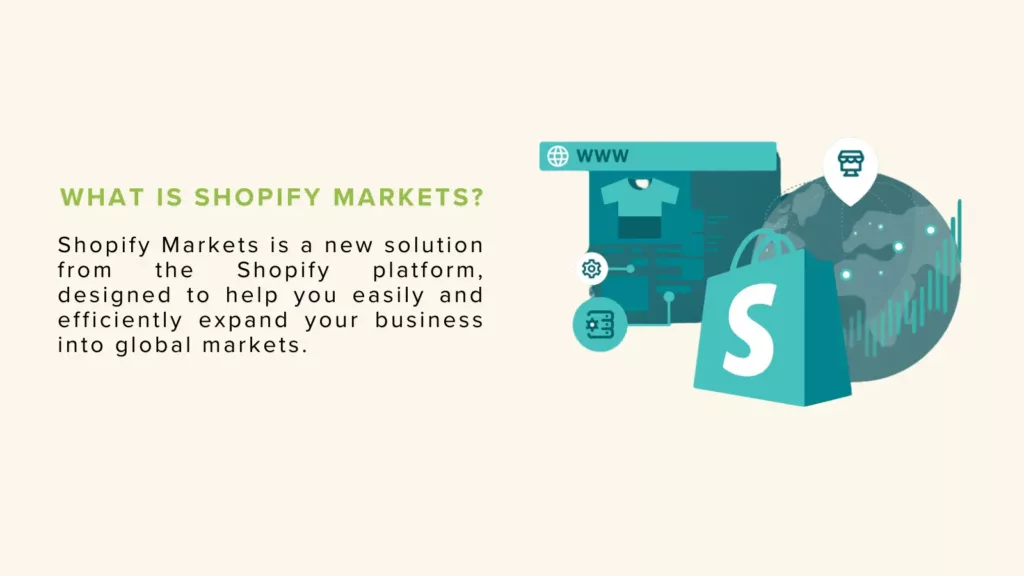
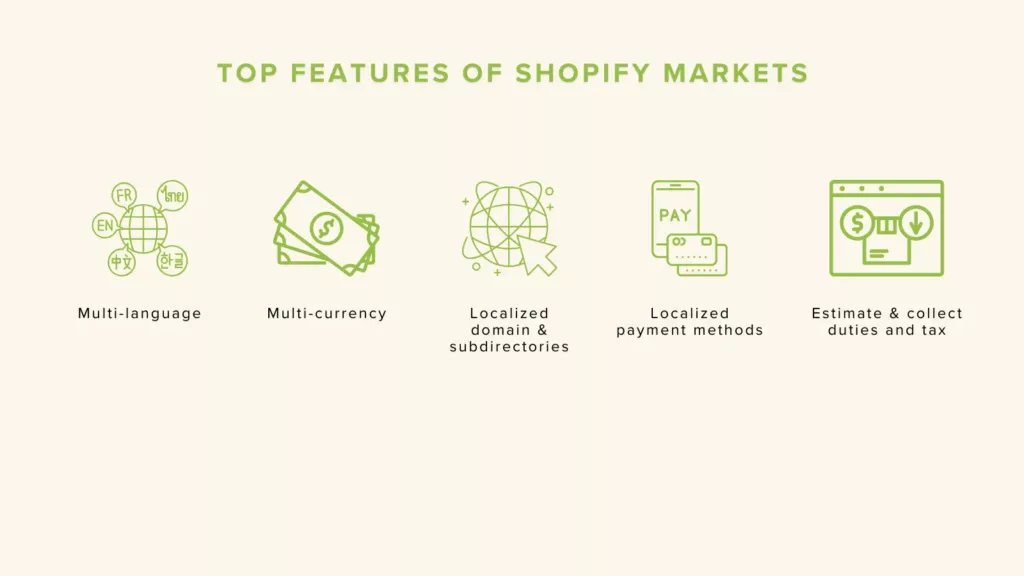


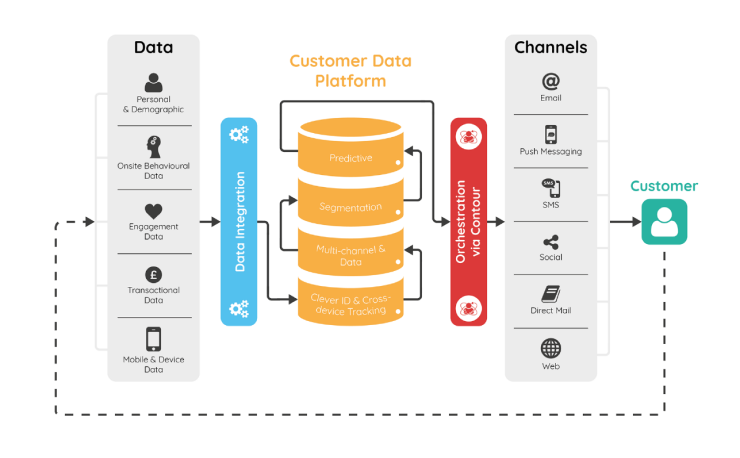
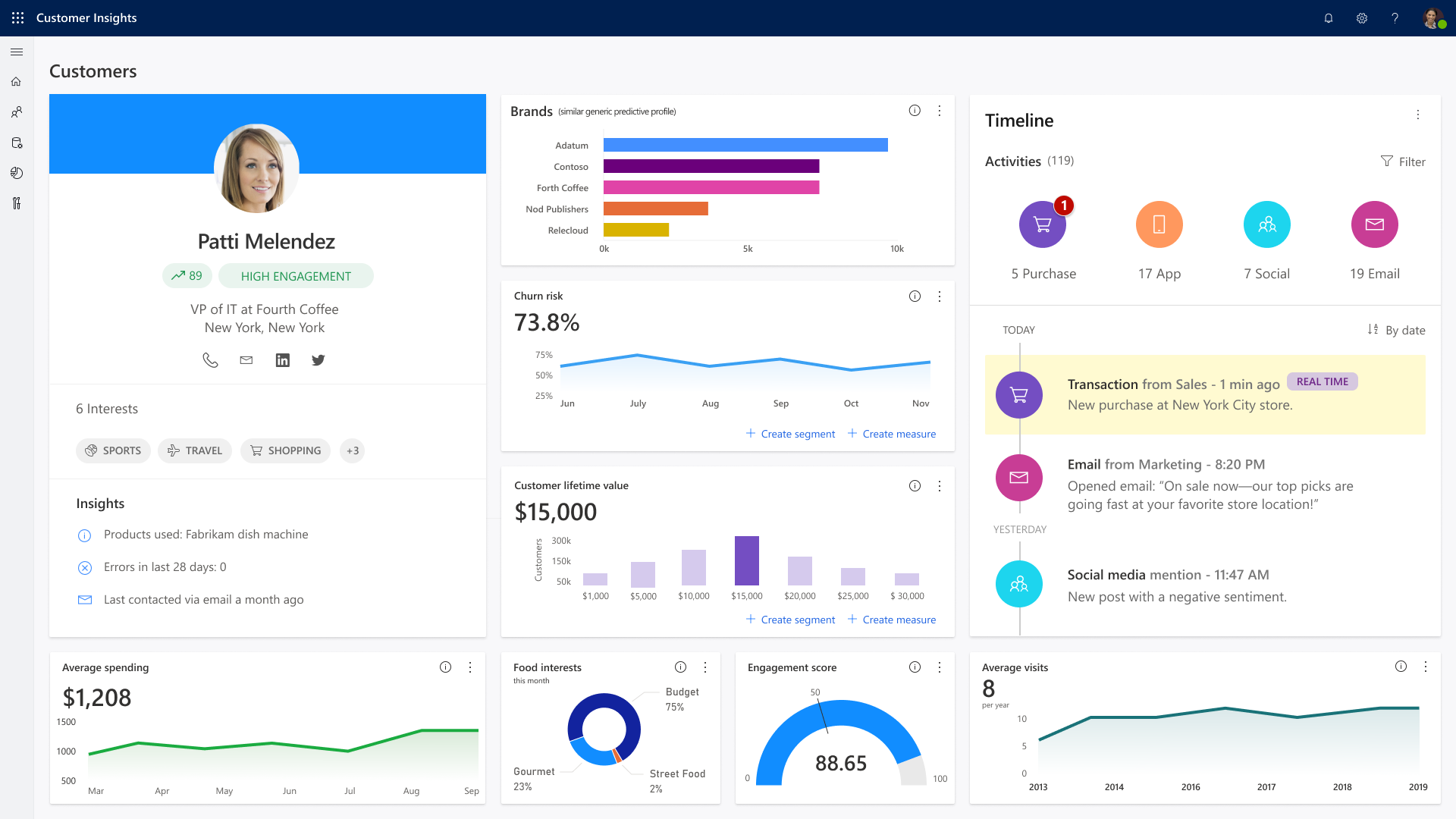











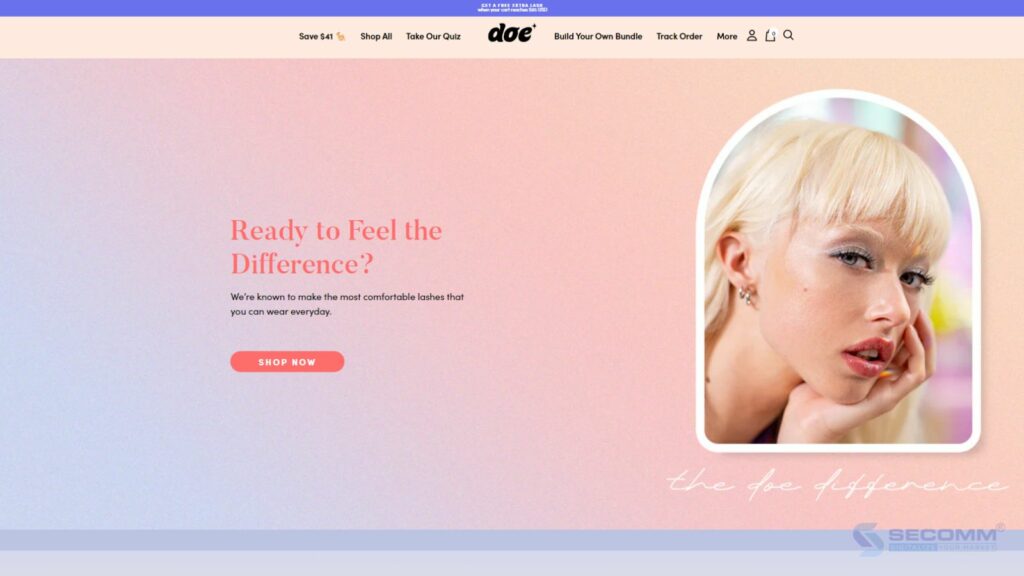



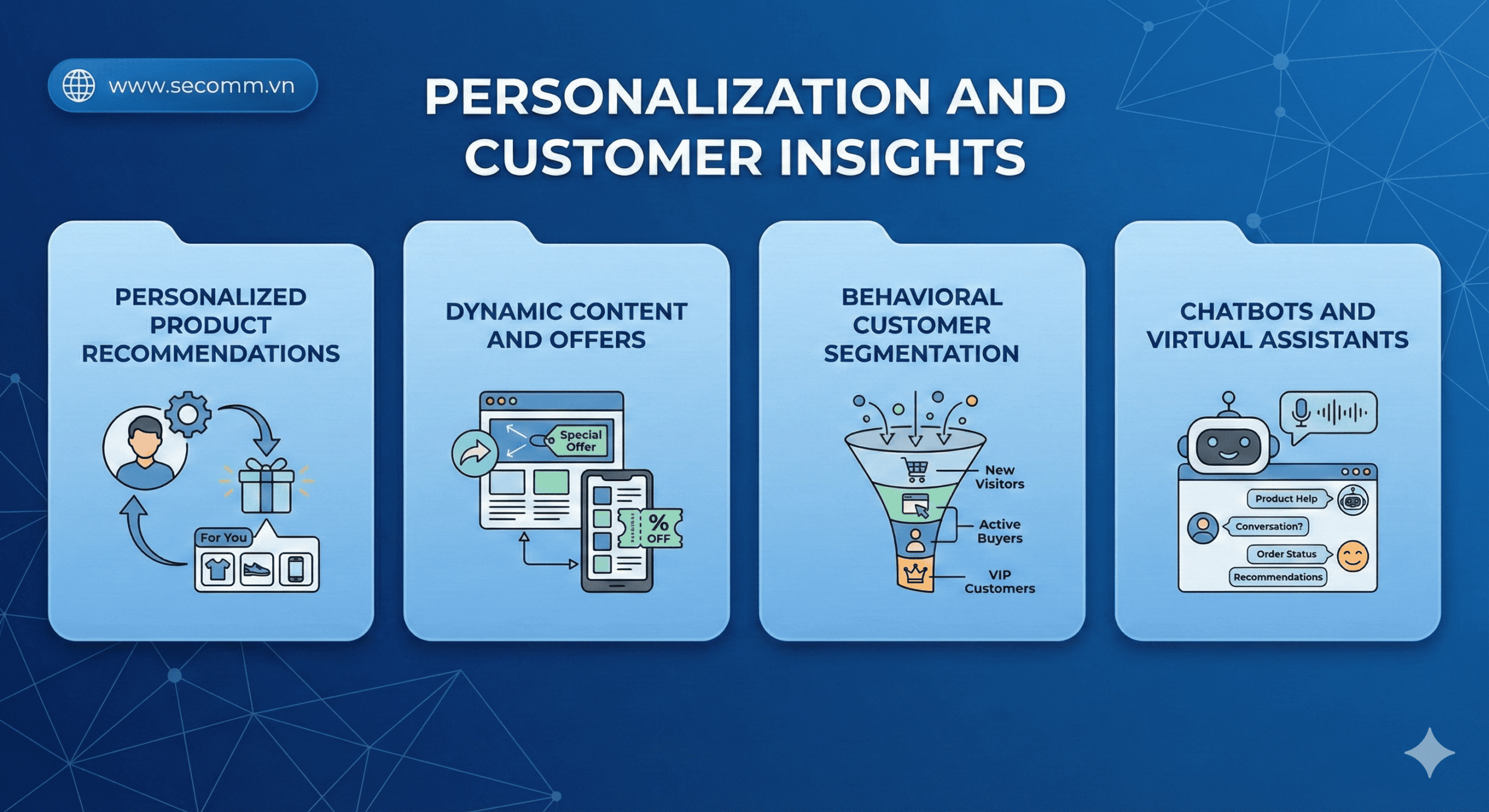
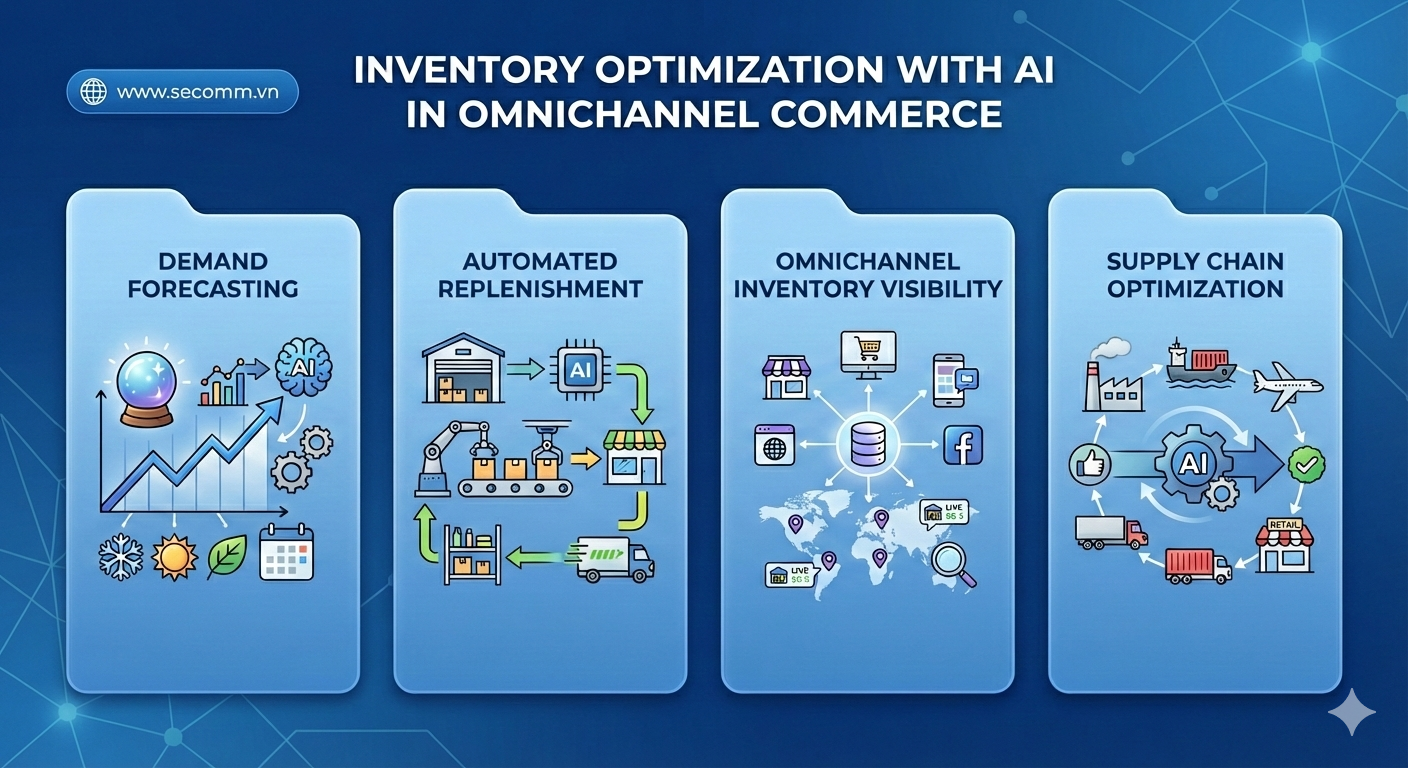
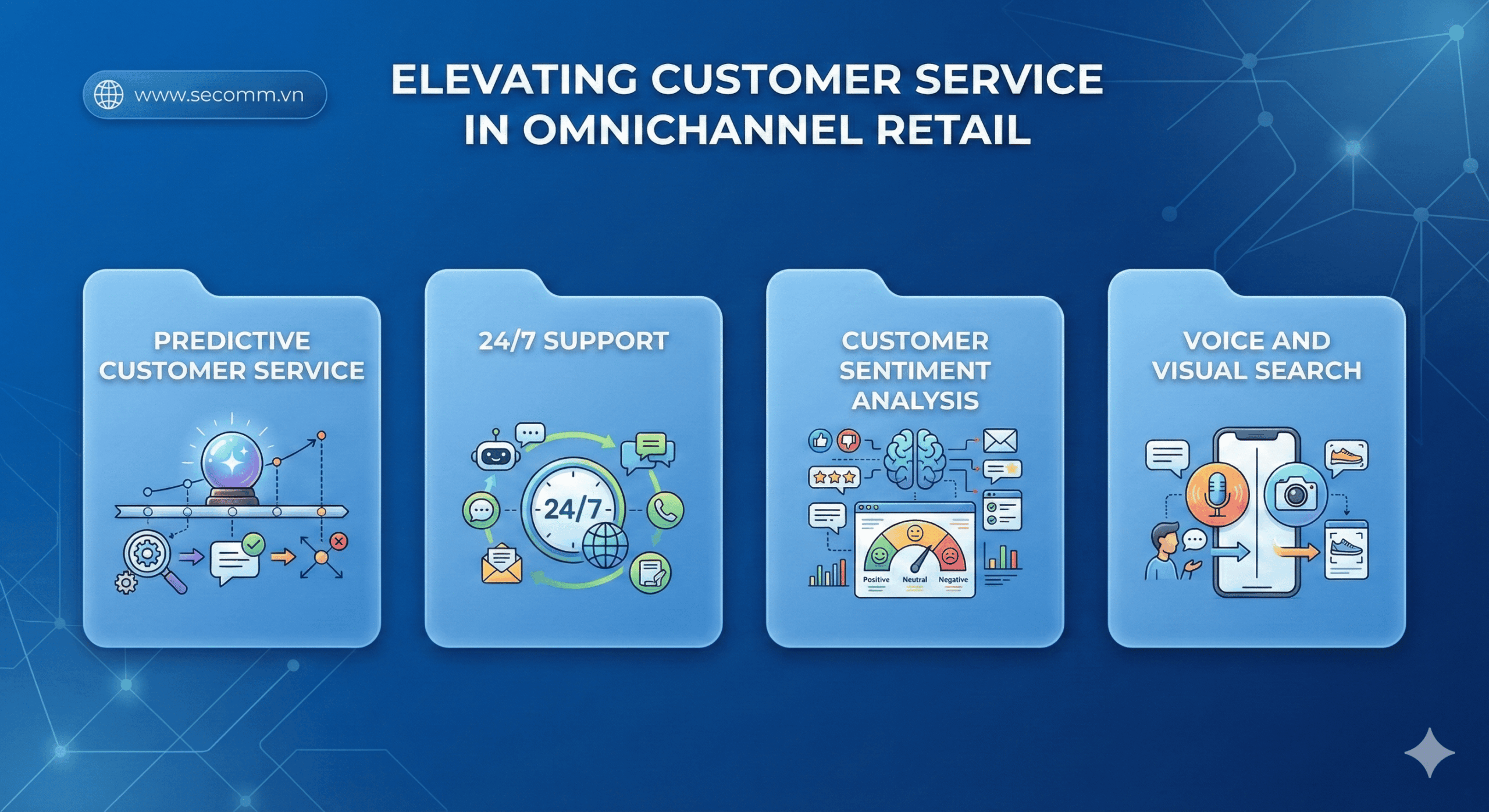
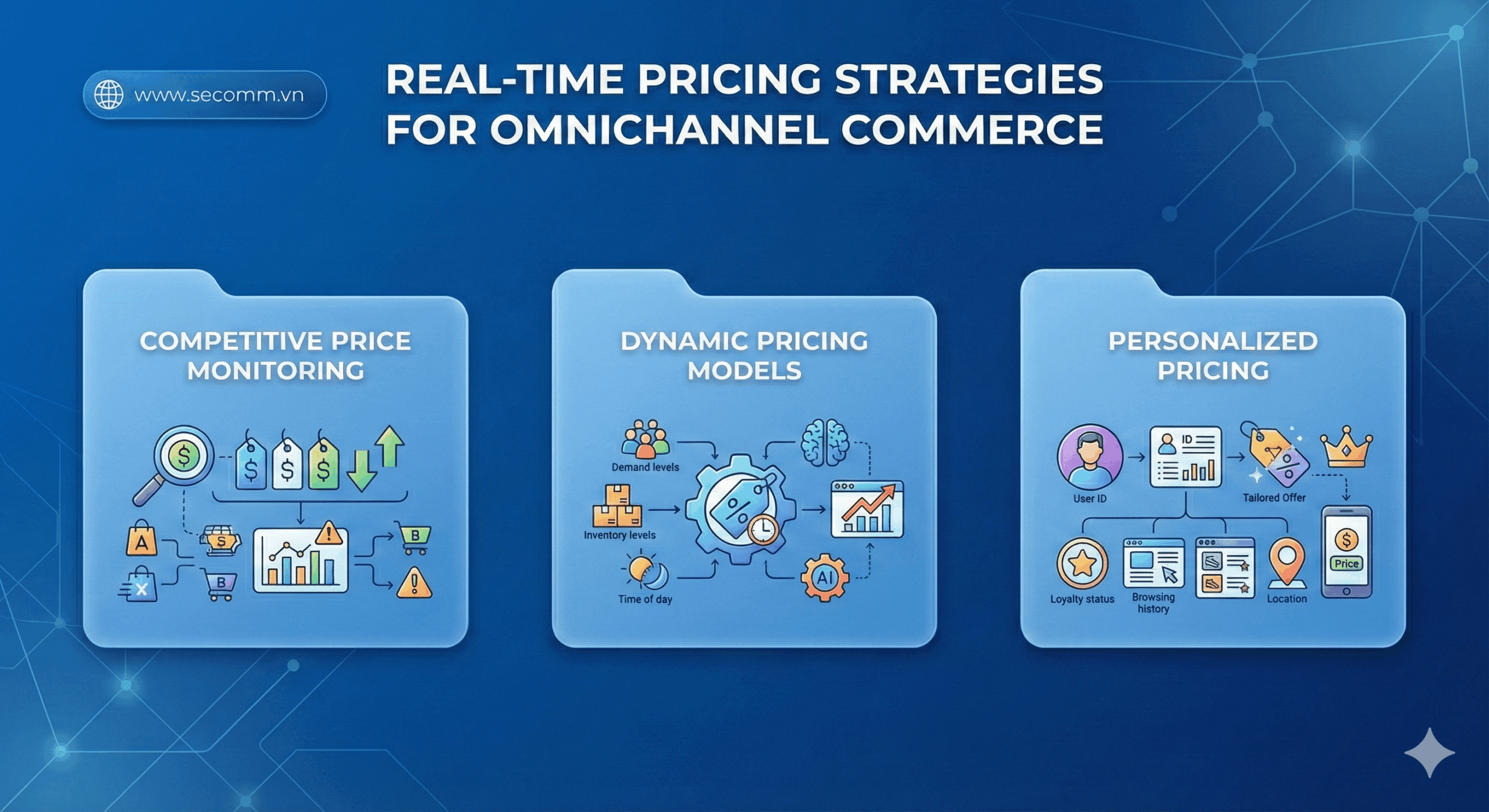

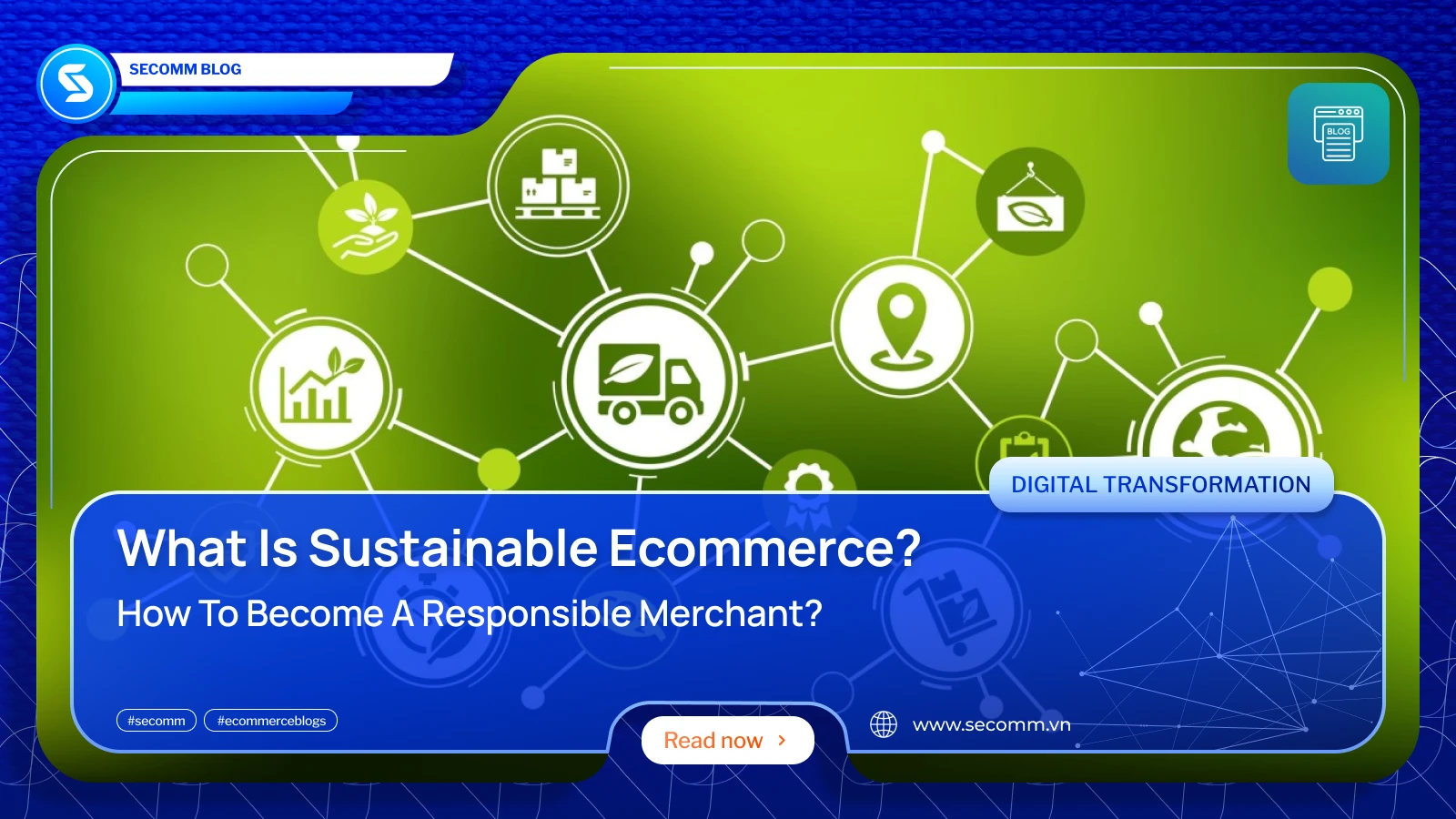

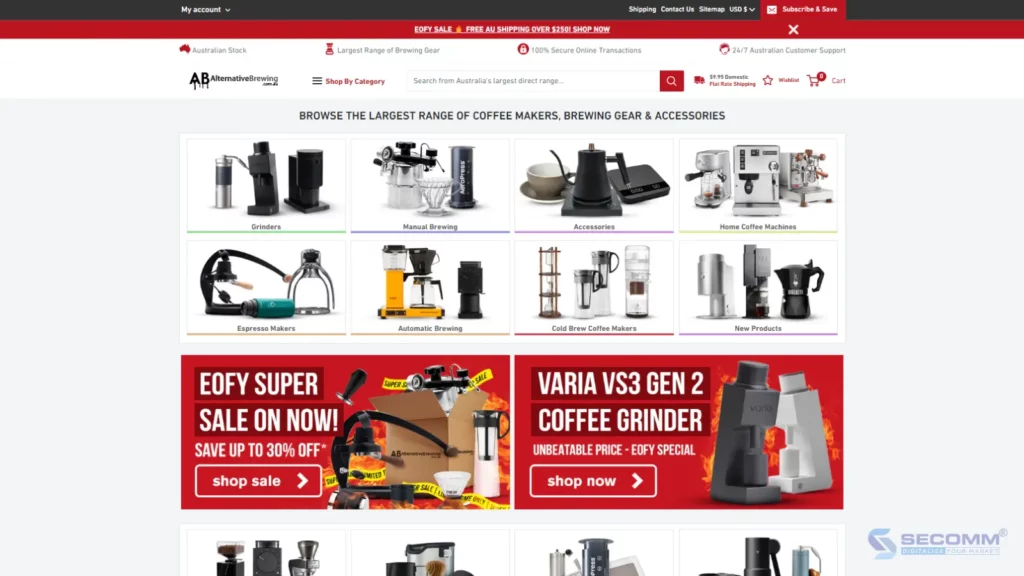





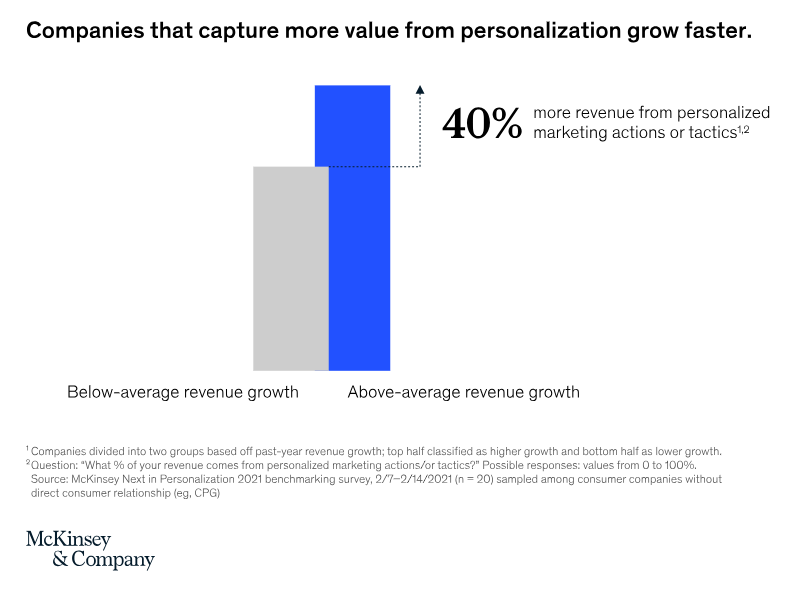
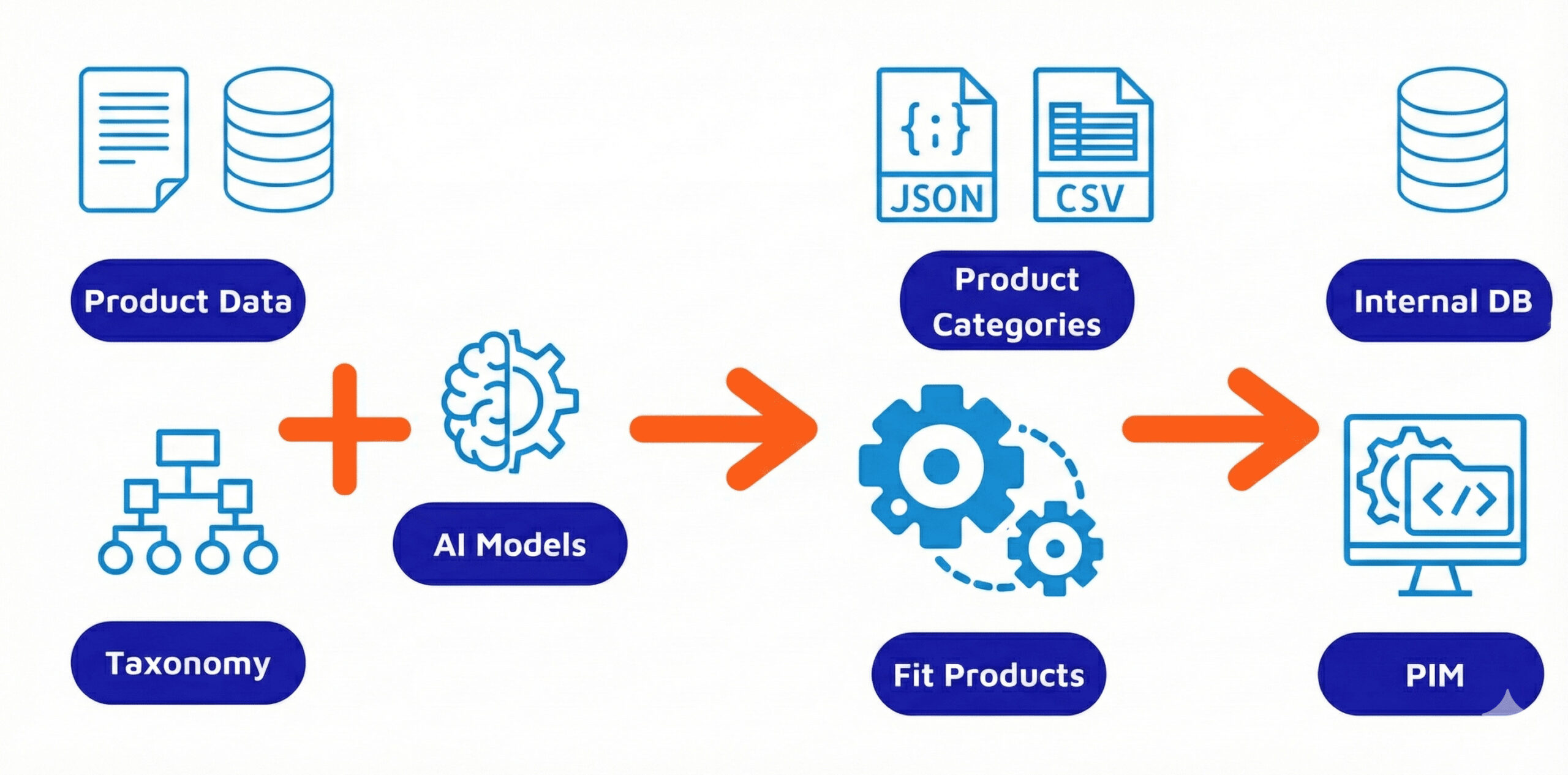

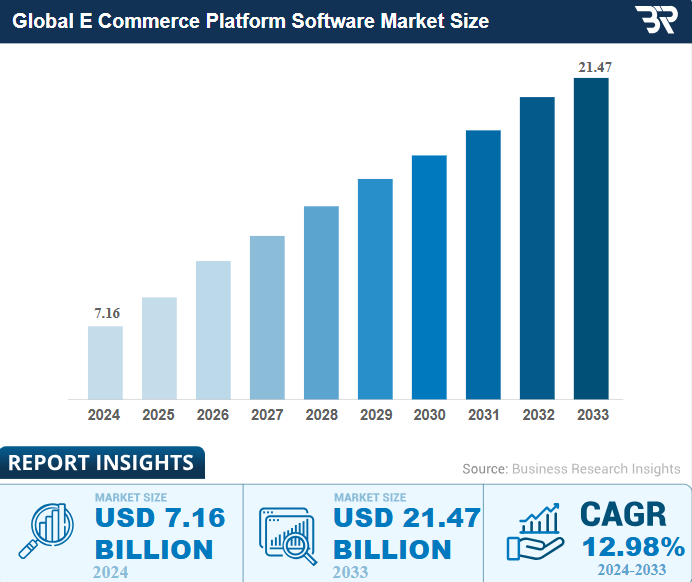

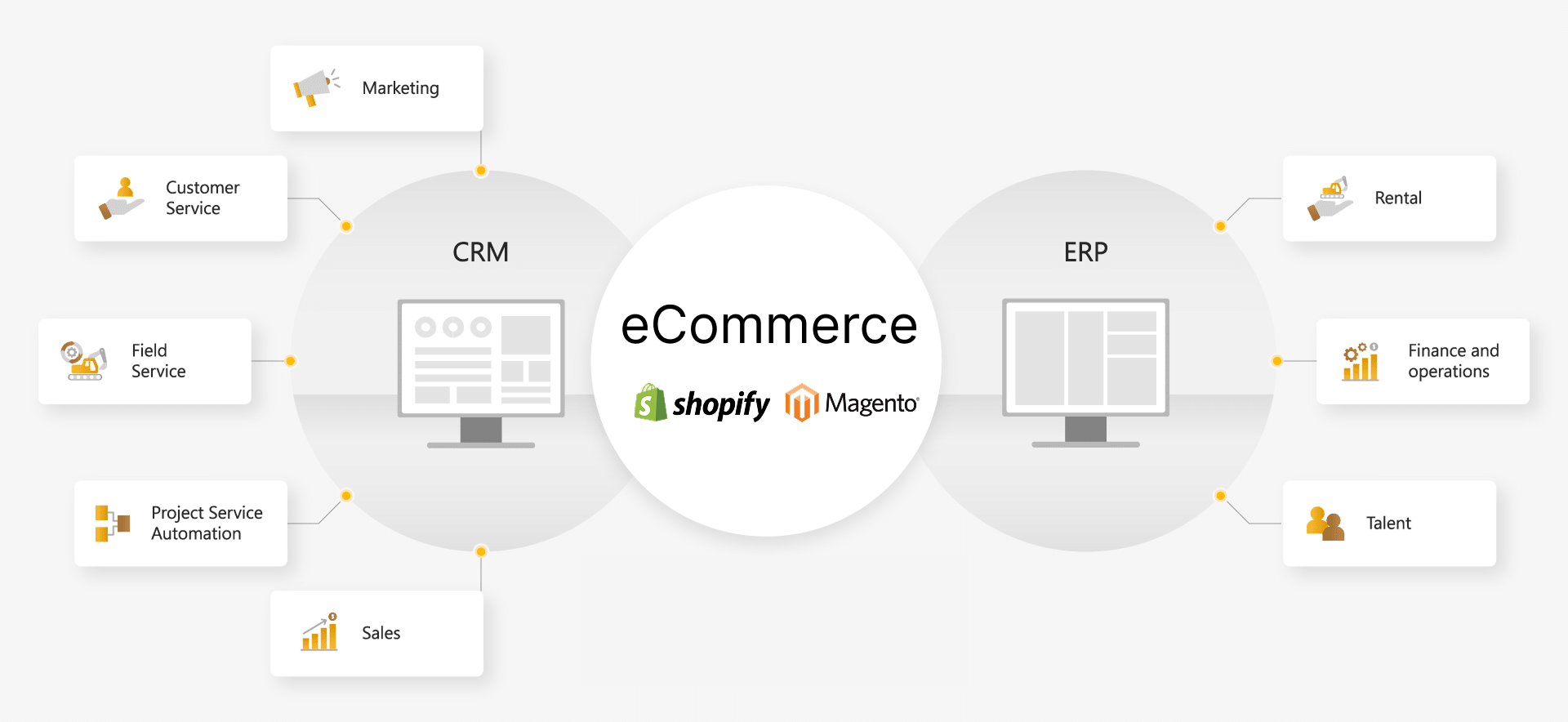
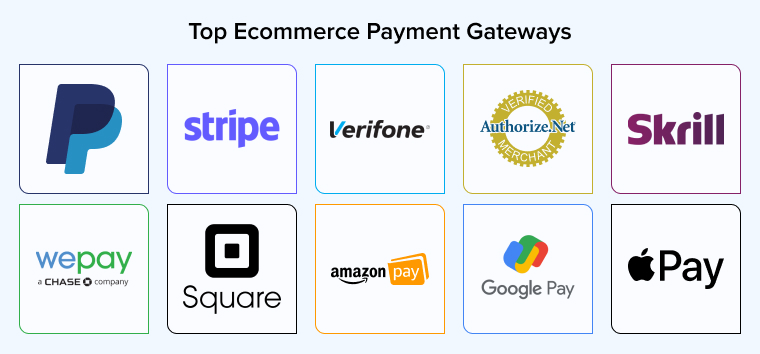
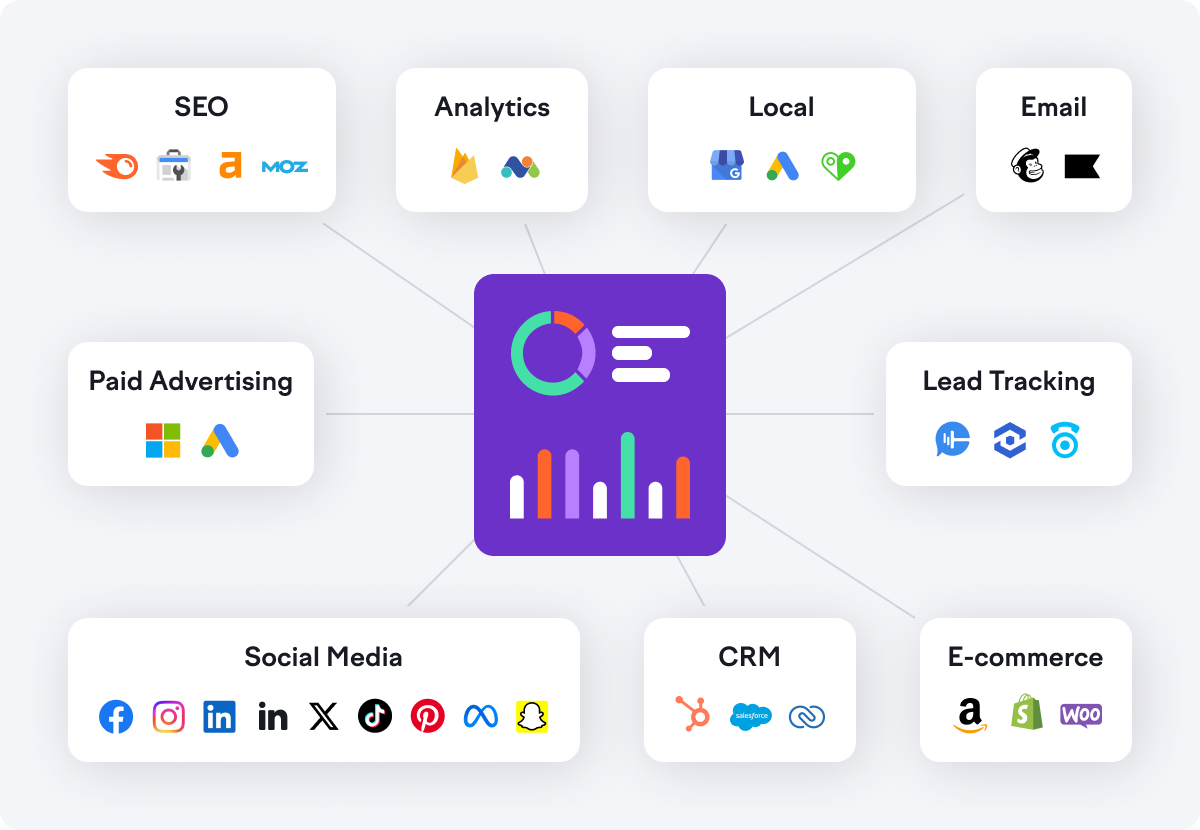

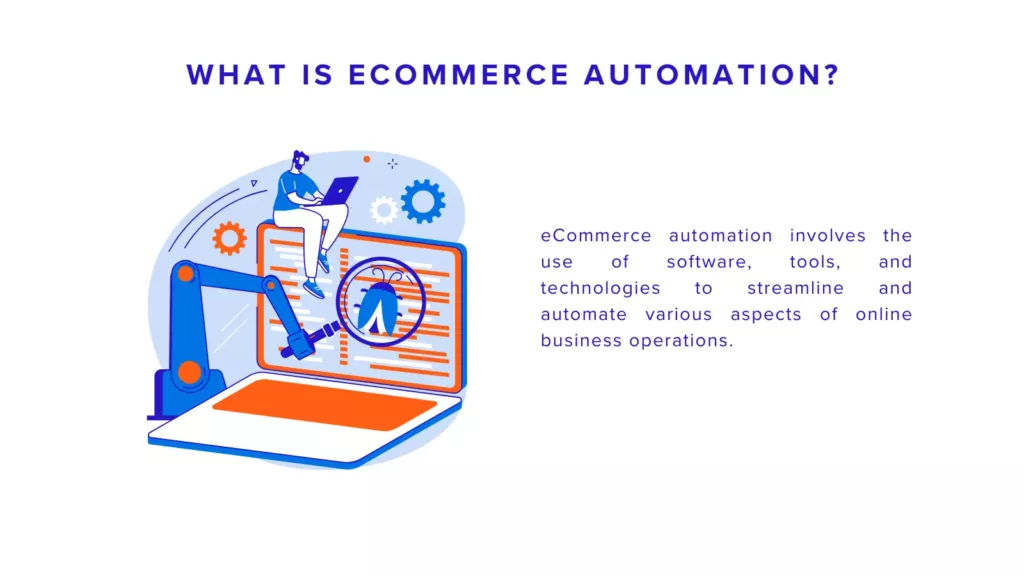
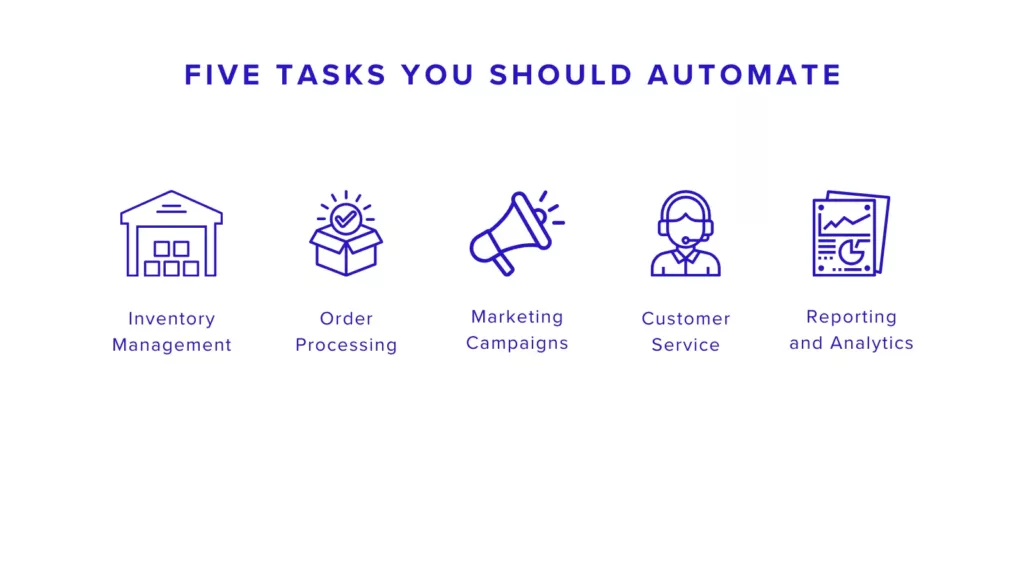
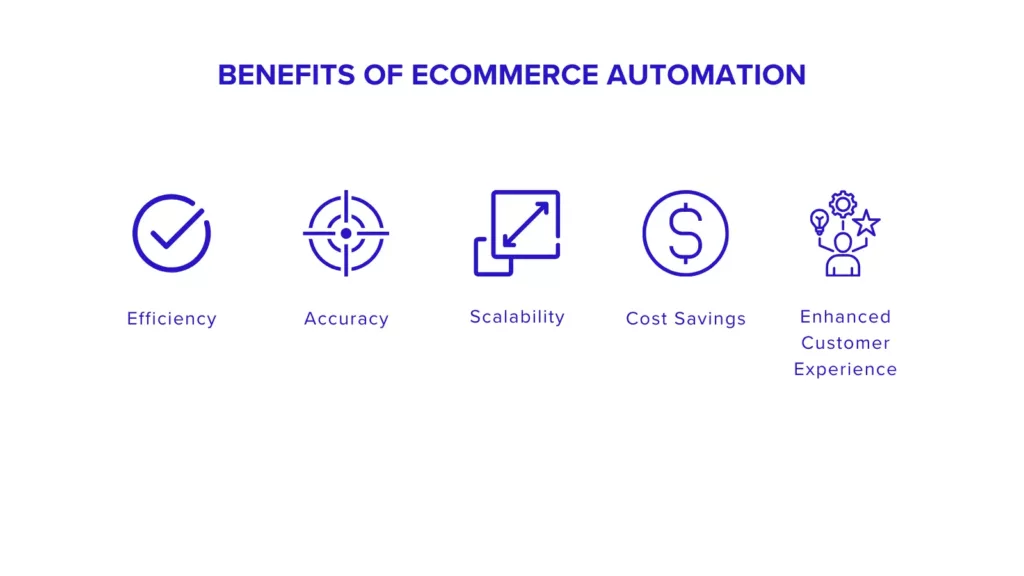
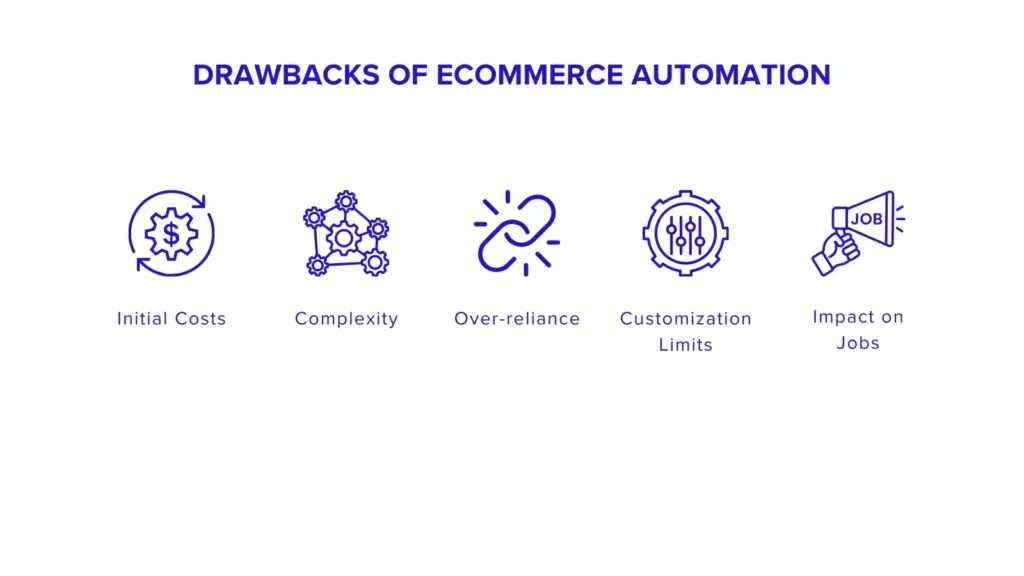
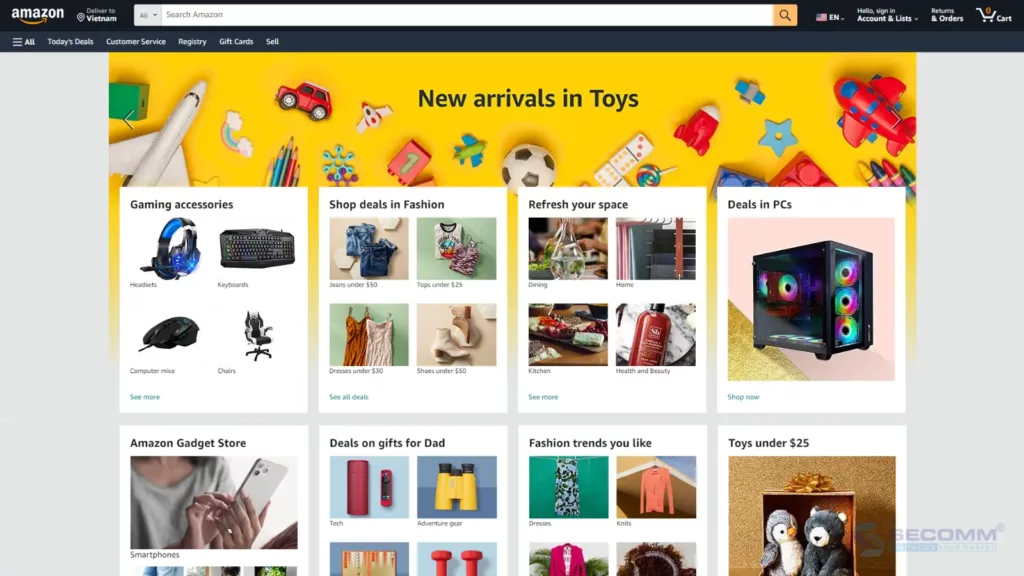
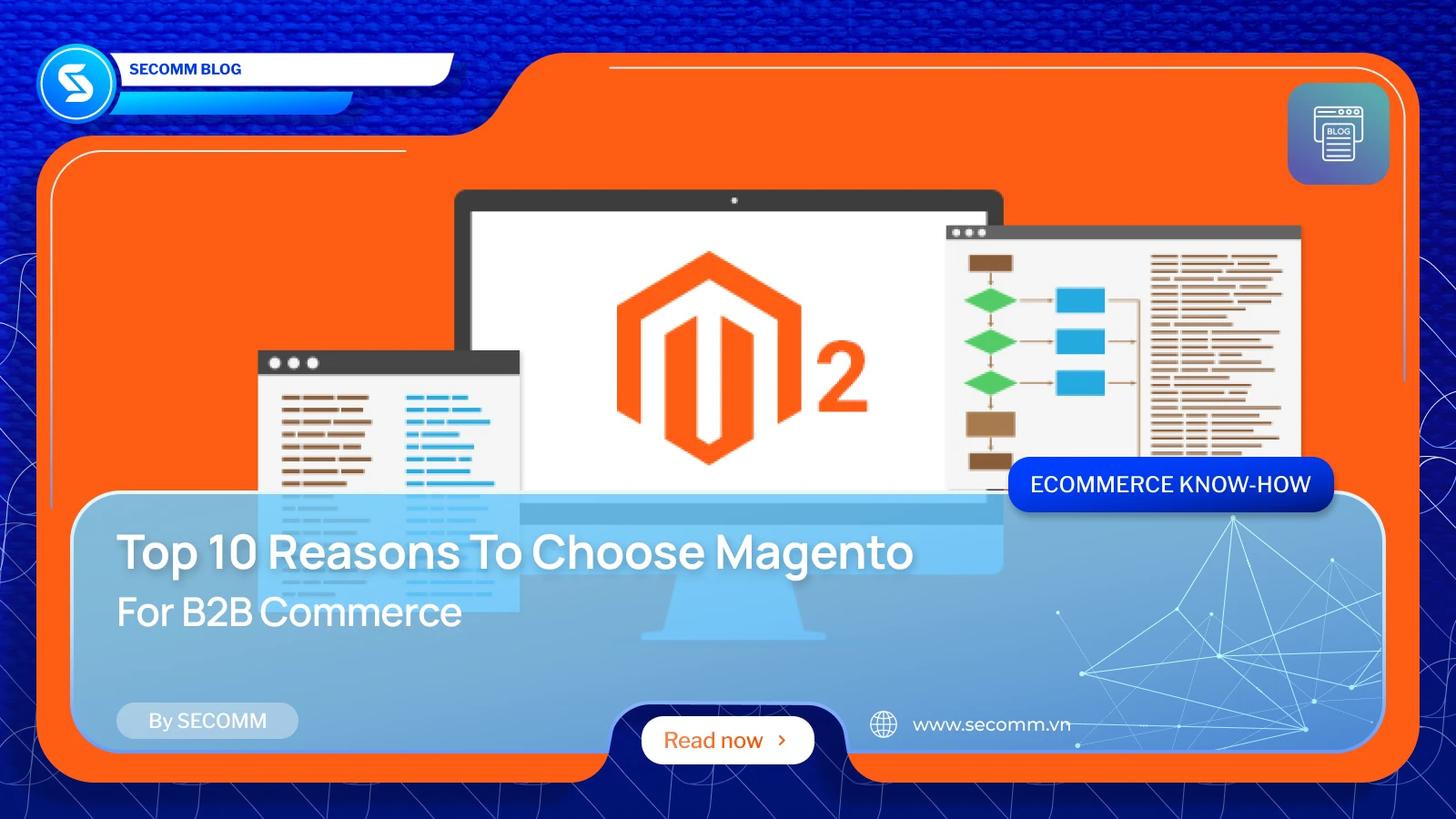
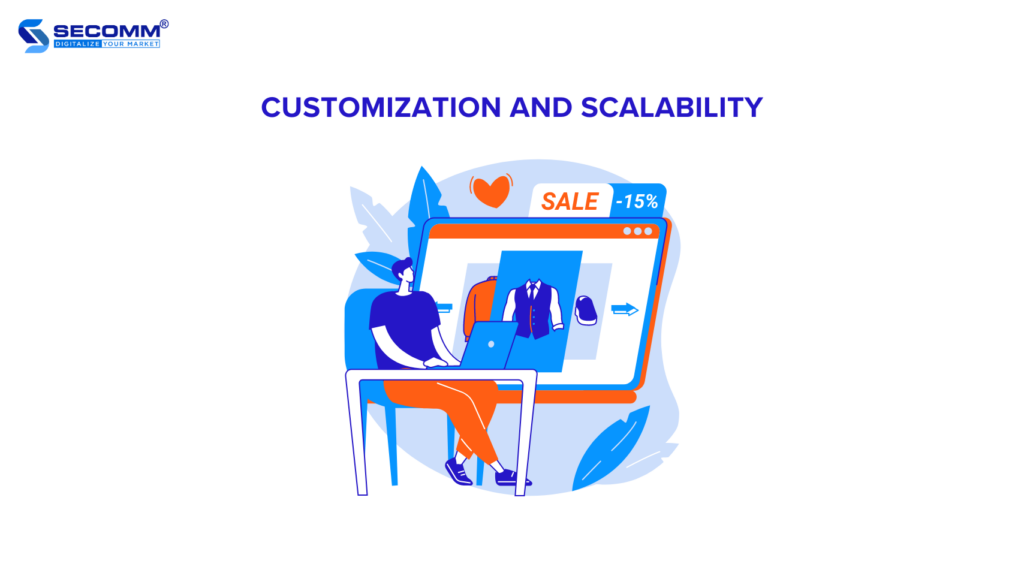
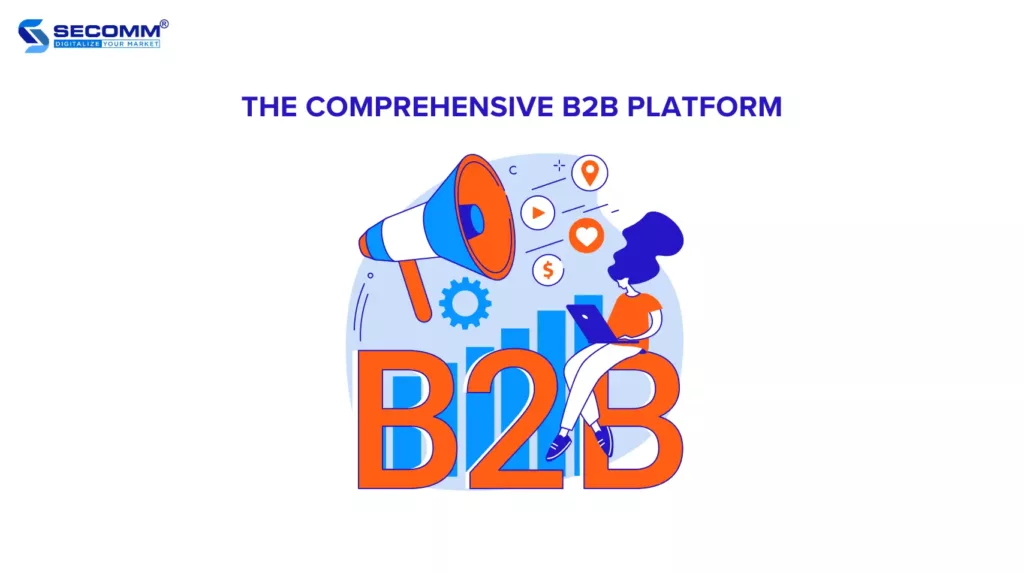
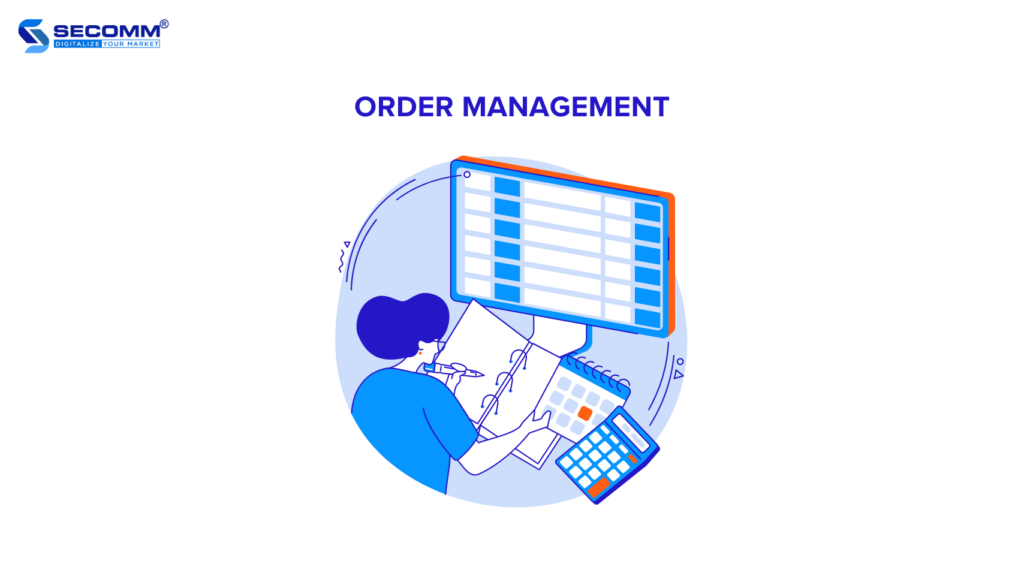
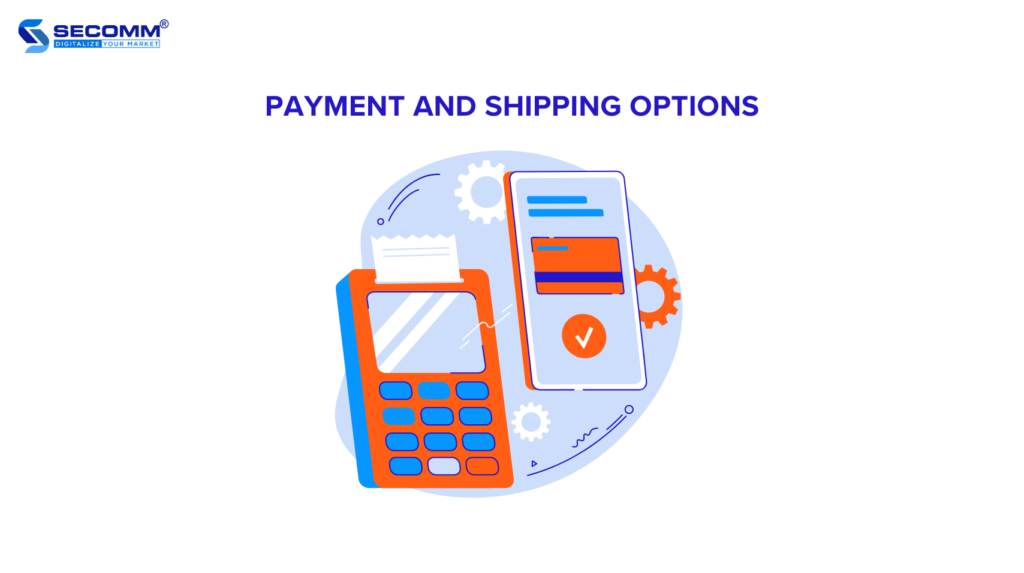
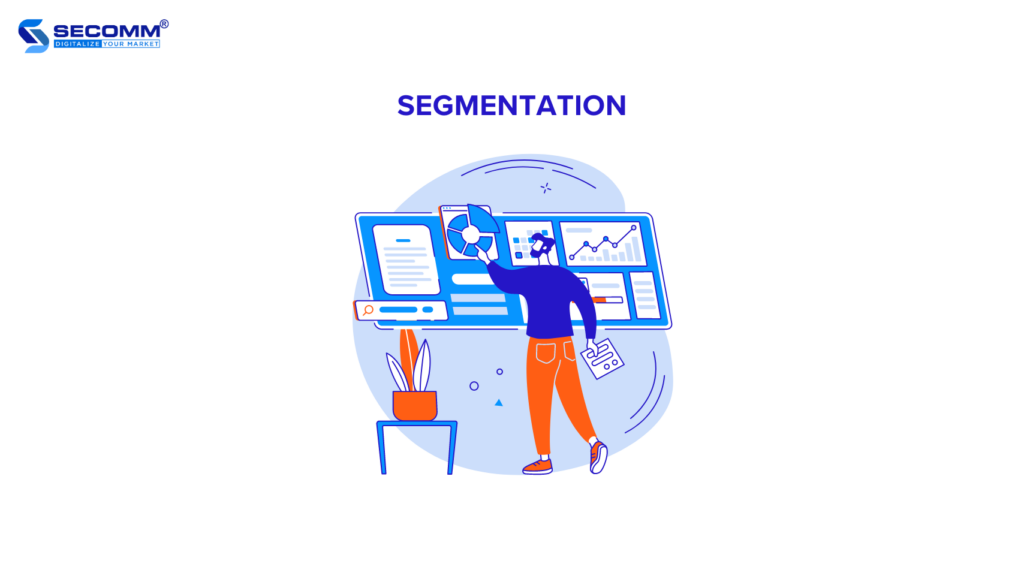

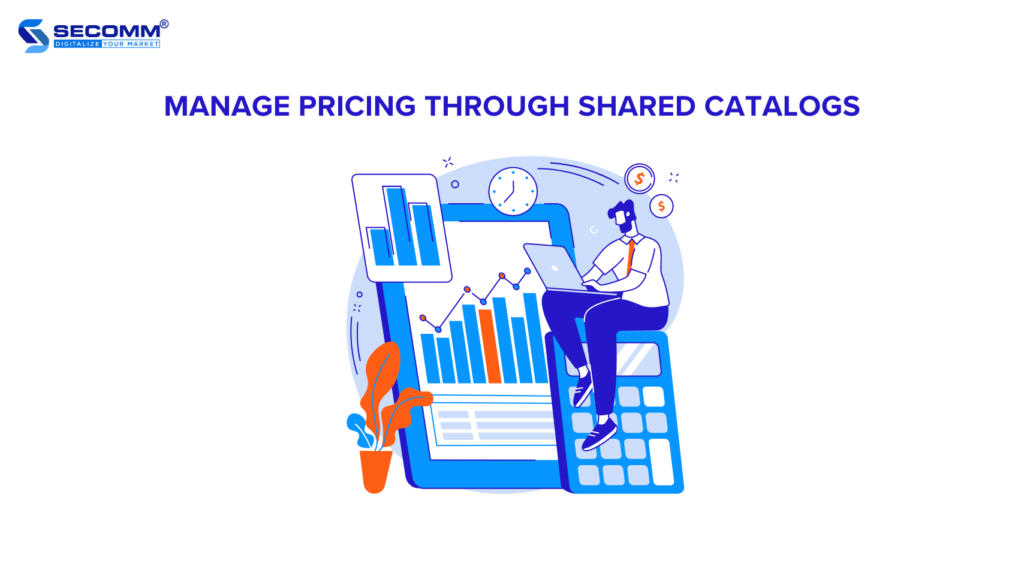




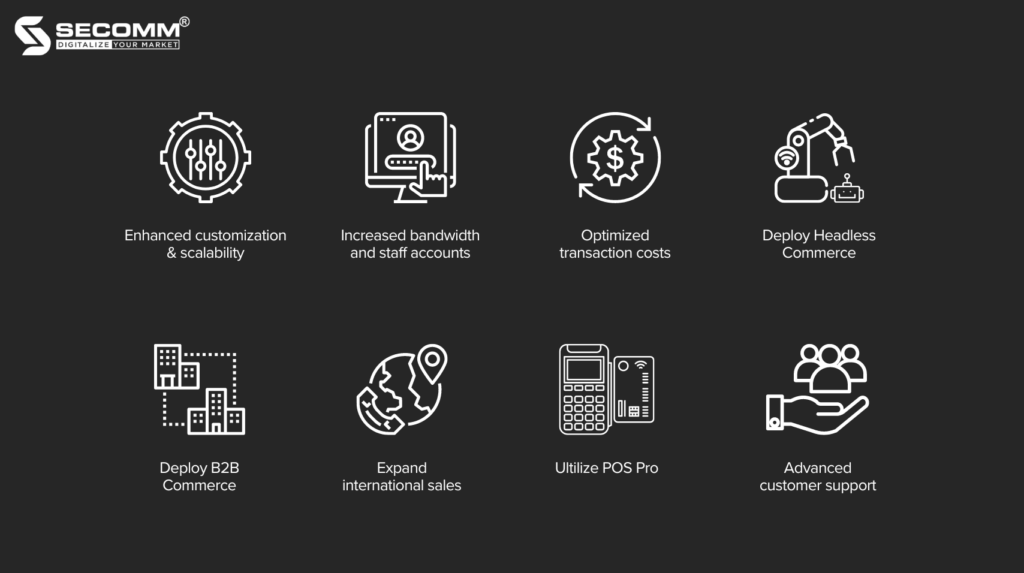
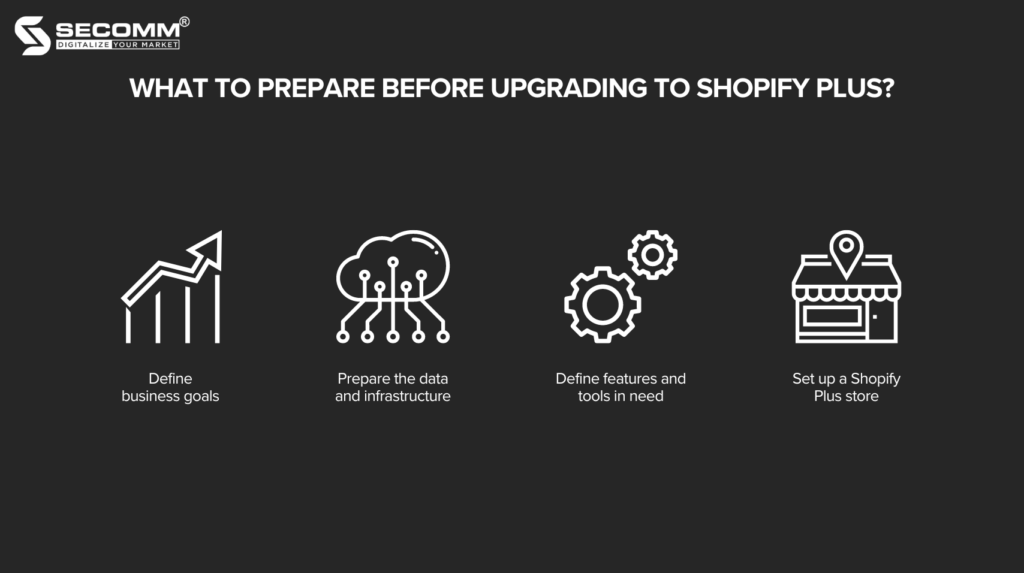
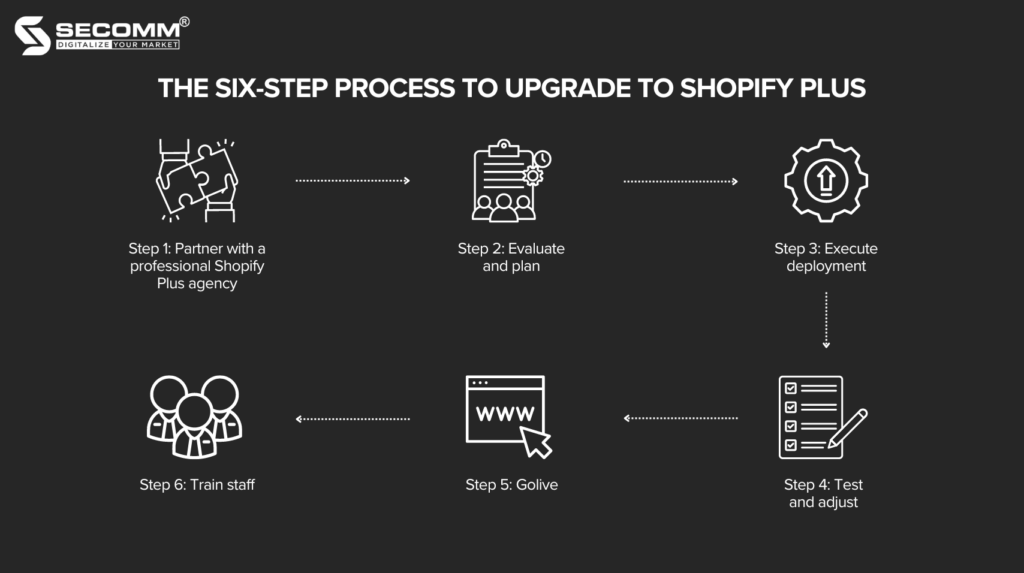





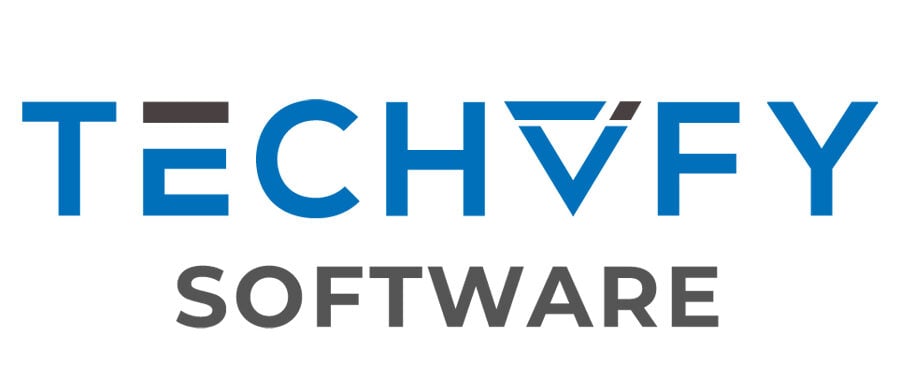







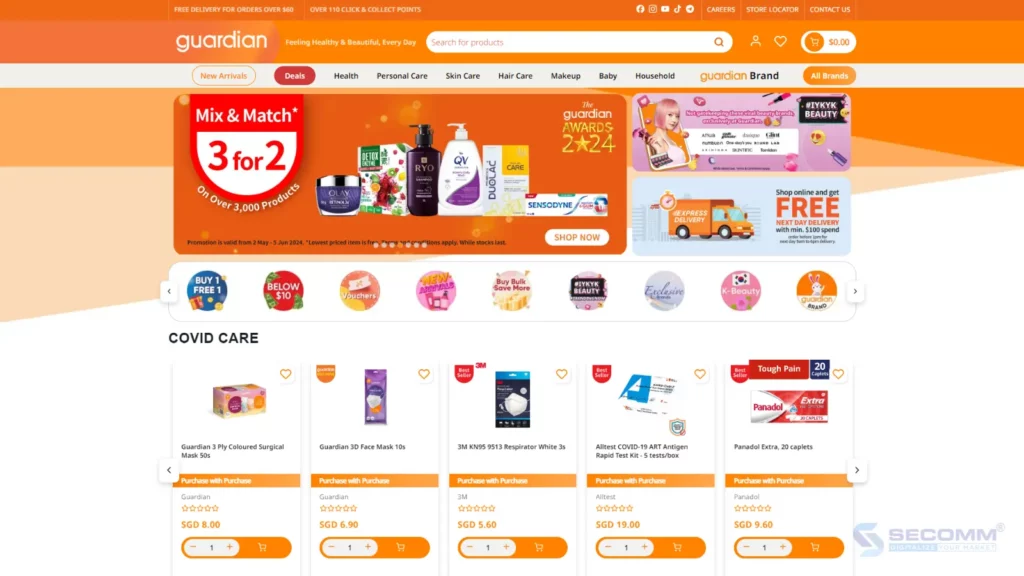










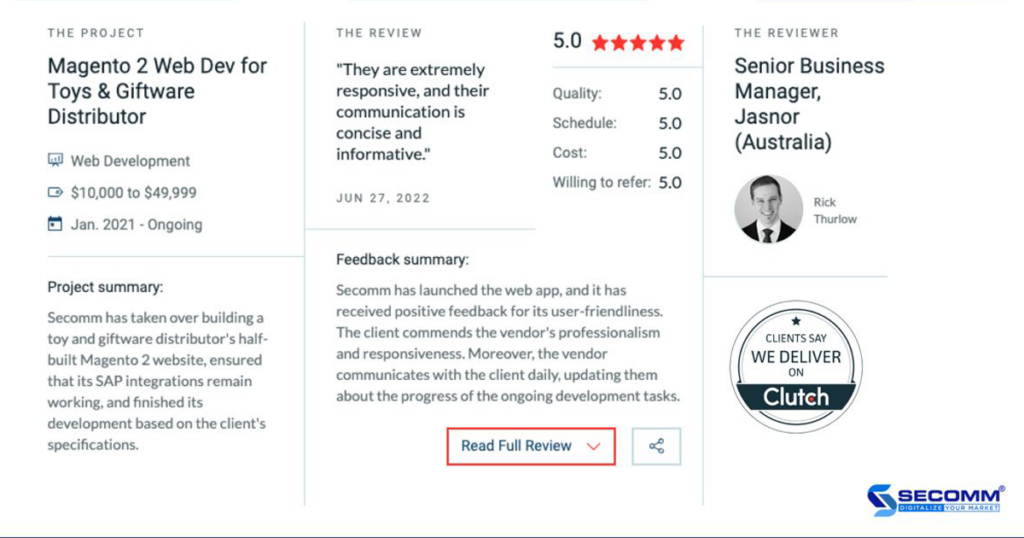
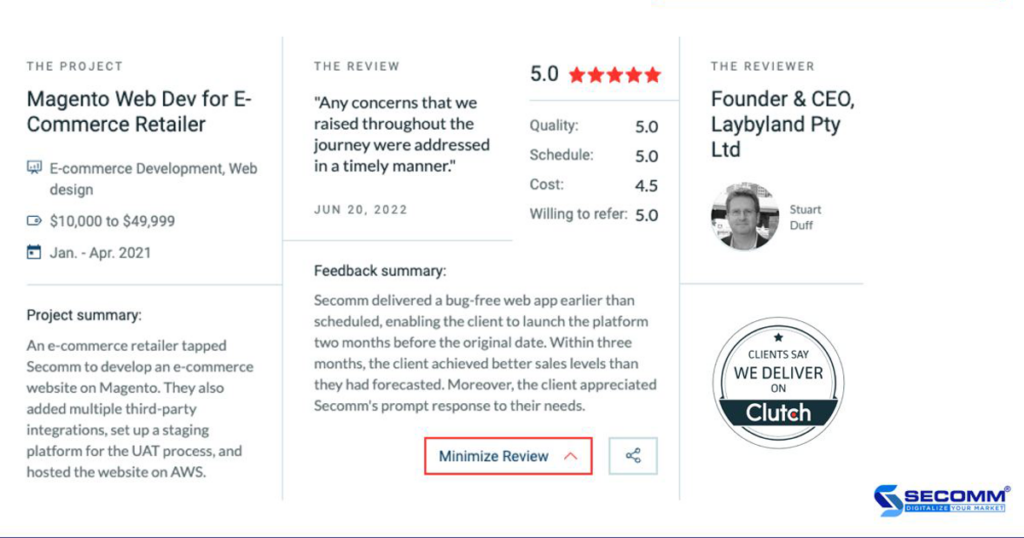



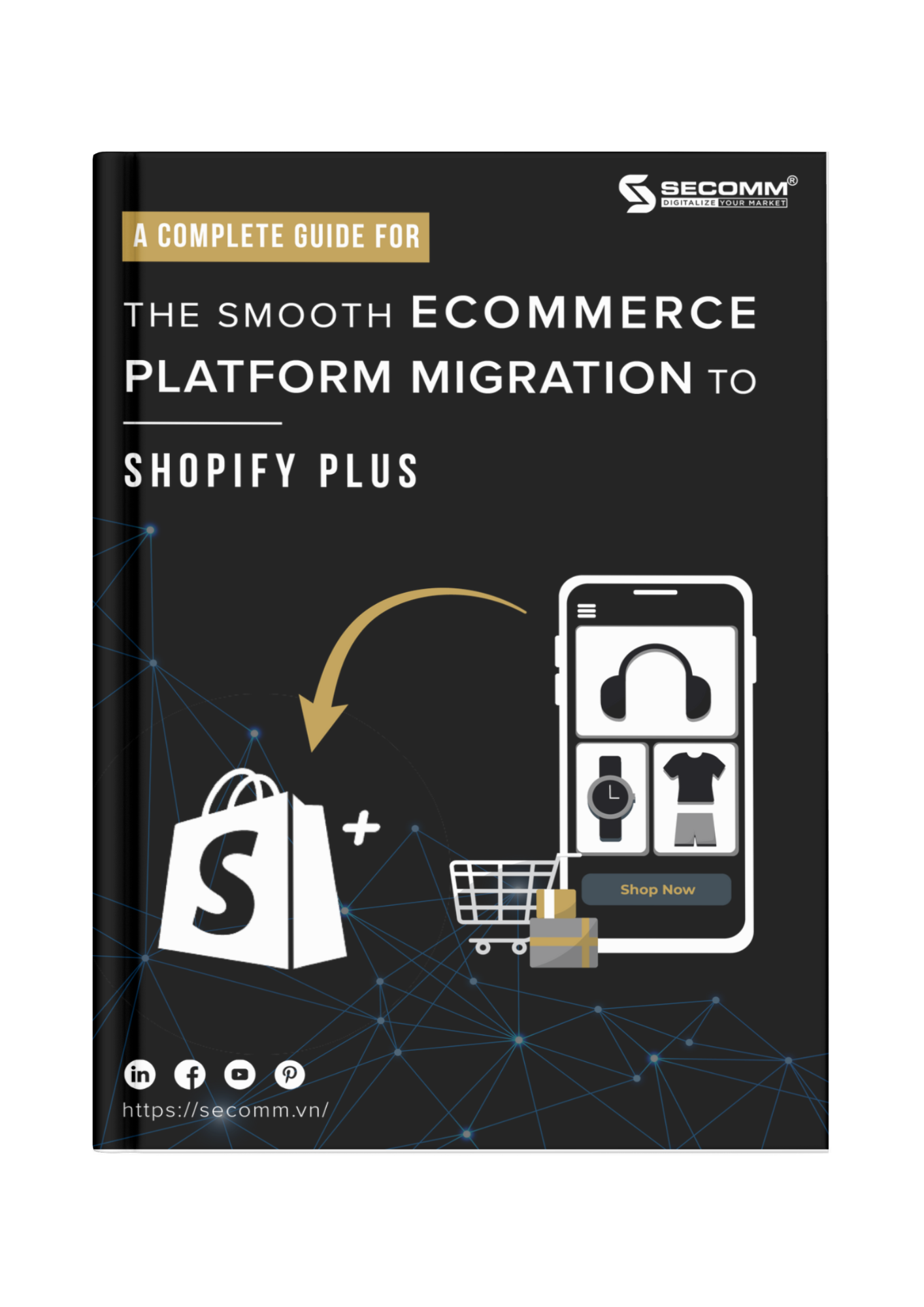



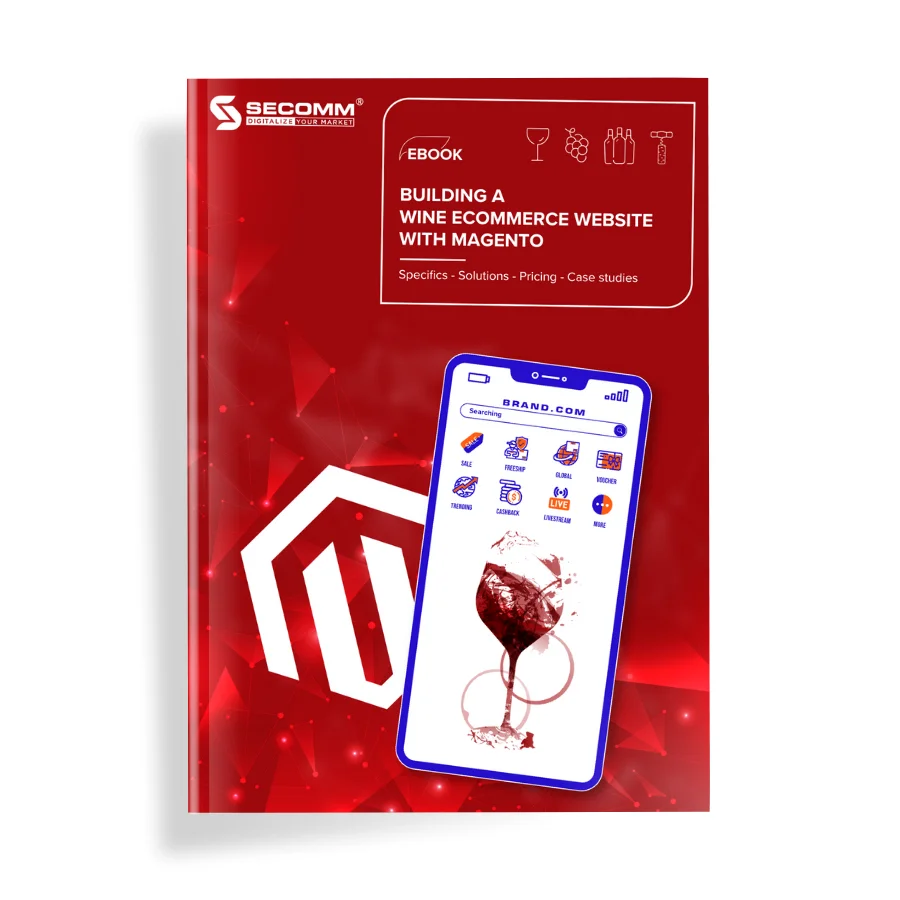
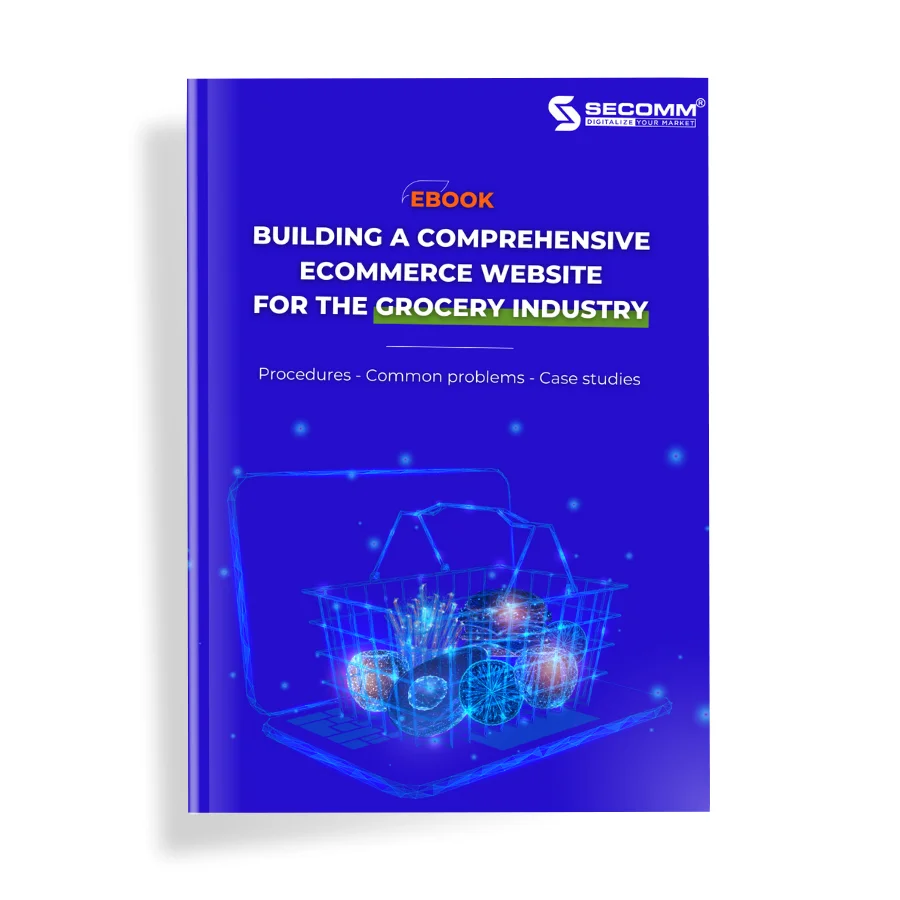
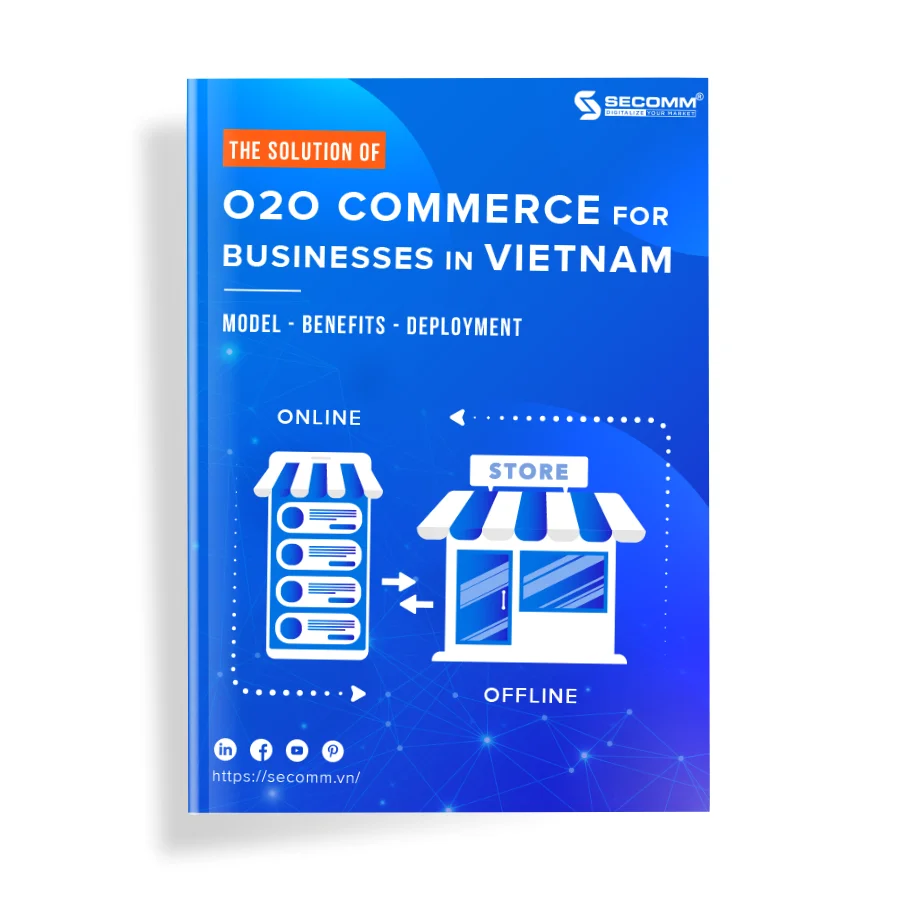
Comment (0)